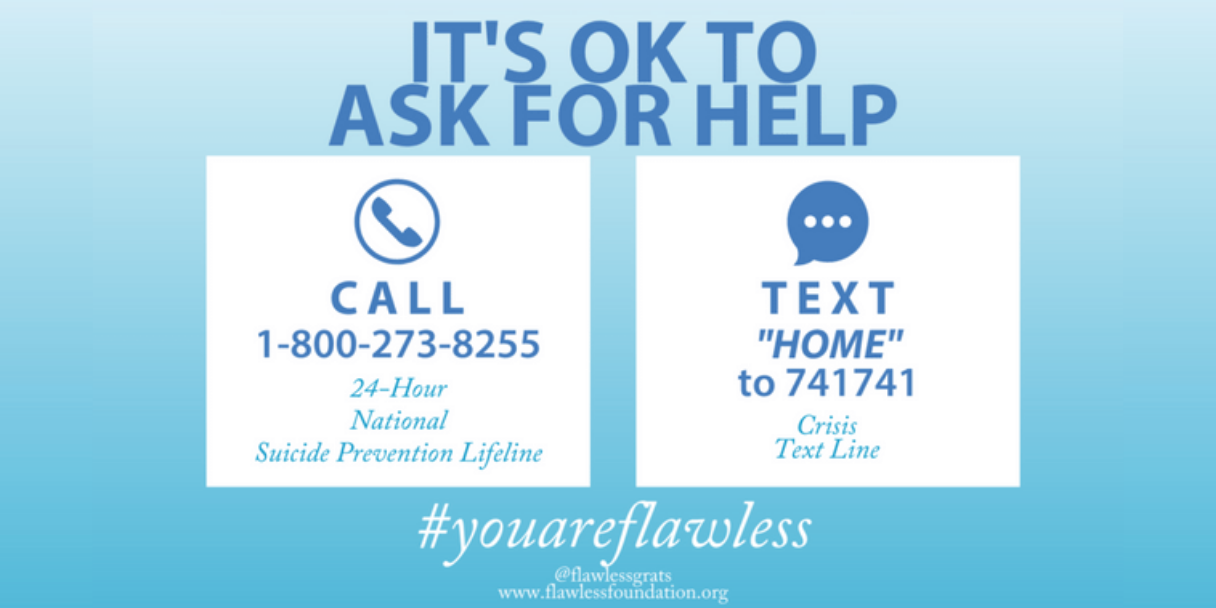March 2021 marks a full year of measures taken around the world in an attempt to control and eliminate the COVID-19 outbreak. What this past year has taught us is that as important as it is to follow these protective measures for our physical health, it is equally as important to prioritize our mental health. It has become increasingly important to learn how to process loss and deal with grief.
In particular, the loss of a loved one who has died by suicide brings its own unique challenges. Oftentimes this type of tragedy leaves loved ones with a lot of questions and a hard-to-accept reality. If you or someone you know is struggling with these challenges, check out some of these helpful resources below!
Alliance of Hope
Alliance of Hope is a support organization that helps you to understand, cope, and start the healing process. Those interested can join a community of suicide loss survivors that offer support groups for those that have had a loved one die by suicide. The grieving period after losing a loved one often leaves family members feeling confused and filled with questions. Alliance of Hope offers an opportunity to process these emotions,
Loss Survivors – Suicide Prevention Lifeline
The National Suicide Prevention Lifeline provides free and confidential support for people in distress 24 hours a day and 7 days a week. Similar to Alliance of Hope, this prevention and crisis resource organization also offers Loss Survivors support to remind those who have had a loved one die by suicide that they are not alone.
The Unique Grief of Suicide: Questions and Hope
In this book, Tom Smith shares his powerful story after his 26-year-old daughter died by suicide. He provides helpful resources and coping strategies to those who find themself in a similar position that are both practical and comforting, once again reminding you that this is a storm you do not have to navigate through alone.
American Foundation for Suicide Prevention
AFSP’s mission is to save lives and bring hope to those affected by suicide. They offer numerous resources to help process this loss, teach you how to help others who may be affected by a loss, inform you on how to have tough conversations, and provides you with personal stories from those who have been through this before.
Raskin Family Shares Their Story
After U.S. Representative Jamie Raskin’s, D-Md, 25-year-old son died by suicide it was not long until he and his wife, Sarah, spoke publicly about their situation. This was intentional because of their belief that “stigma leads to silence.” Their bravery and vulnerability is an inspiration to us all, and a reminder of how powerful one’s voice can be.
Youth in Crisis: Kevin Kuczo’s Story
As mentioned, the pandemic has taken a toll on all of us but some more than others. 17-year-old Kevin Kuczo was a beloved student-athlete from Fairfield, Connecticut who recently died by suicide, and his family has no doubt that remote learning contributed to their son’s mental health challenges. Right now teen and young adult suicides are a major concern for mental health professionals, as the youth are having to deal with isolation from friends, missing out on anticipated milestones, and so much more. In response to Kevin’s tragedy, the Fairfield school district responded with immediate action to avoid more tragedies and restore the connection that students have been missing.
We are so grateful for these individuals and organizations who are creating space for those in need. While these reactive measures are necessary, let’s not forget to take proactive measures within our own lives and prioritize our mental health. Make sure to develop helpful self-care routines, stay connected to loved ones during these tough times, and when necessary reach out and get professional help. Remember it’s okay to not be okay!
If you or anyone you know is in crisis and needs immediate help, contact The National Suicide Prevention Lifeline number at 1-800-273-8255 and the Crisis Text Line is 741741.







